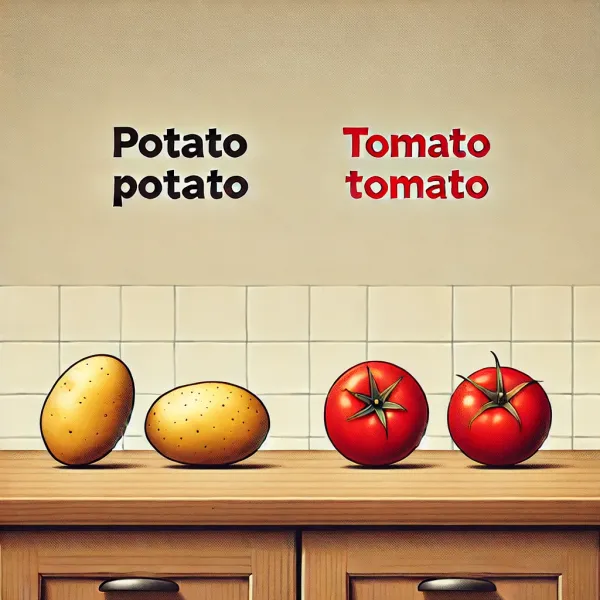Plasma glucose - what on earth does it mean?

Pllasma glucose - a term that might have caught your eye on your blood report? Ever wondered what every drop of your blood contains and why? If you have, let's dive in.
Think of your body as a bustling, vibrant city. So then think of the plasma as a dynamic, flowing river. It's not just any river, but a lifeline carrying vital supplies: proteins, electrolytes, and an array of cells, each with a unique role.
A single drop of blood has billions if not more of all these put together.
Glucose is the energy that keeps the inhabitants of the city alive. But why examine the plasma for glucose levels instead of inspecting it directly in the cells?
Glucose is found in your plasma and in the red blood cells.
However, the red blood cells themselves age over a period of four months. As they age their glucose uptake can fluctuate.
That is why you test the plasma. Think of it like conducting a survey to determine the availability of this crucial energy resource. By measuring glucose in the plasma, we get a real-time snapshot of what's accessible to your cells - a more consistent and standardized method - hence plasma glucose.
Sometimes, it's essential to zoom out and understand everything contained in your blood, not just the plasma.
You would then do a complete blood count (CBC). You are counting the relative presence all the inhabitants: white blood cells, red blood cells, platelets, proteins, antibodies and so on.
You do not want any specific type of cell to fall below the minimum required or to suddenly take over the rest of the population.
By measuring everything found in your blood, you are checking to see their relative counts. The minute the count of any one ingredient that makes up your blood is too much or too little, you are likely to fall sick if you are not already so.
Reach out to me on twitter @rbawri Instagram @riteshbawriofficial and YouTube at www.youtube.com/breatheagain






